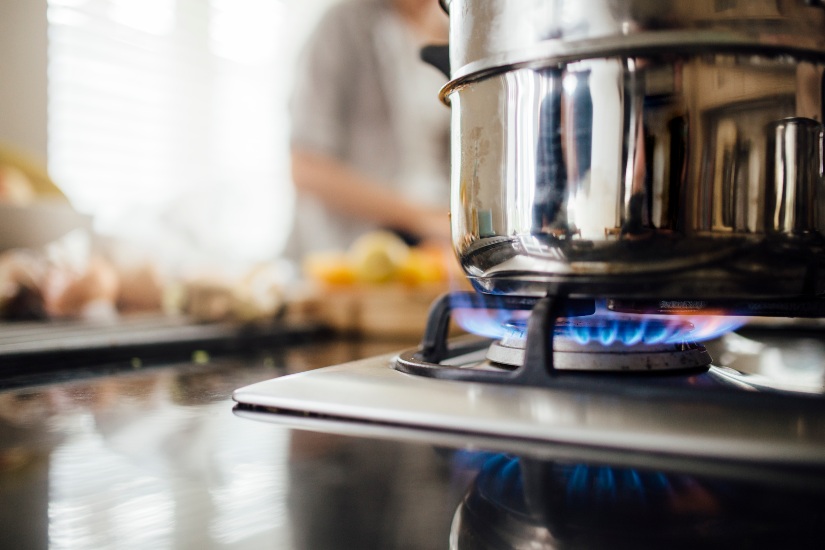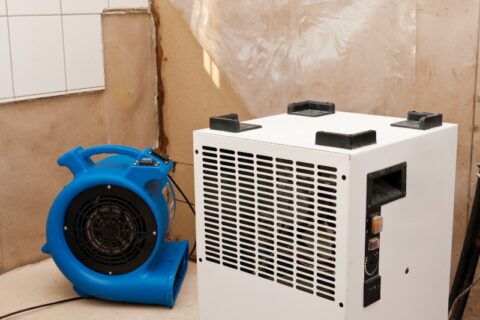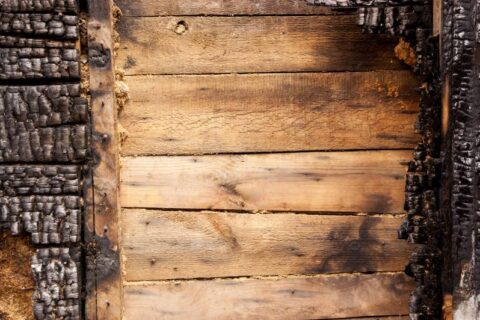Preventing Kitchen Fires: Essential Cooking Tips

The kitchen may be the heart of the home, but a kitchen fire can get out of hand quickly. A fire can easily start in the kitchen, where people are heating food on the stove or in the oven. Even an appliance like a slow cooker or pressure cooker can cause a fire if it’s not properly operated and maintained. Here, we offer some safety tips to prevent kitchen fires.
- Keep an eye on what you’re cooking. When you’re cooking at home, there are plenty of things to distract you, but according to the National Fire Protection Association, unattended cooking is the top cause of kitchen fires. Don’t leave pans unattended, and even if your food is safely in the oven, find excuses to stay in the kitchen while it’s cooking.
- Be careful when storing flammable liquids. Gasoline and other flammable liquids shouldn’t be stored in the kitchen, but in a cool, dry location. Storing them in the garage or basement is fine as long as they’re away from matches, lighters, and other heat sources.
- Don’t open the door for an oven fire. If your dinner suddenly goes up in flames, your impulse might be to open the door and try to salvage it. Unfortunately, opening the oven door will feed the fire with oxygen, causing a small fire to turn into a dangerous situation. If you leave the door closed and turn off the appliance, the fire will die down.
- Keep flammable items away from the stove. Oven mitts, potholders, paper towels, and food packaging can ignite if left near an open burner. The same holds true for flowing sleeves, oversized clothing, and even aprons. Keep the area around your stove clear and clean, to prevent a fire. While you’re at it, make sure there’s no leftover grease built up on the cooking surfaces, because that can also cause a fire.
- Know how to handle grease. Grease fires can start in an instant and should never be doused with water. Heat grease and oil slowly, place your food into the pan gently, and if there’s a fire, smother the flames with a lid. After cooking, let the grease cool and put it into a container before throwing it into the trash.
- Learn to operate a fire extinguisher. It’s good to have a fire extinguisher close at hand when you’re cooking, but it’s even more important to know how to use it. A fire extinguisher can be used to prevent a fire from spreading but if the fire has already spread, it’s better to get out of the house as quickly as possible. In the event of a house fire, you have less than five minutes to safely escape.
- Install and maintain a smoke detector. Having working smoke detectors can prevent disaster, so install them and replace your batteries twice a year.
If a kitchen fire has caused smoke or fire damage to your home, call the experts at Pacific Flood Restoration for help. We offer full-service, 24-hour, on-call emergency services, and we’ve earned a reputation for being dependable, on time, courteous, and ethical. No matter the extent of your damage, our trained technicians have the experience, proven techniques, and state-of-the-art equipment to restore your home, fixing whatever damage it may have sustained. Call 760-815-3033, or contact us through our website.


